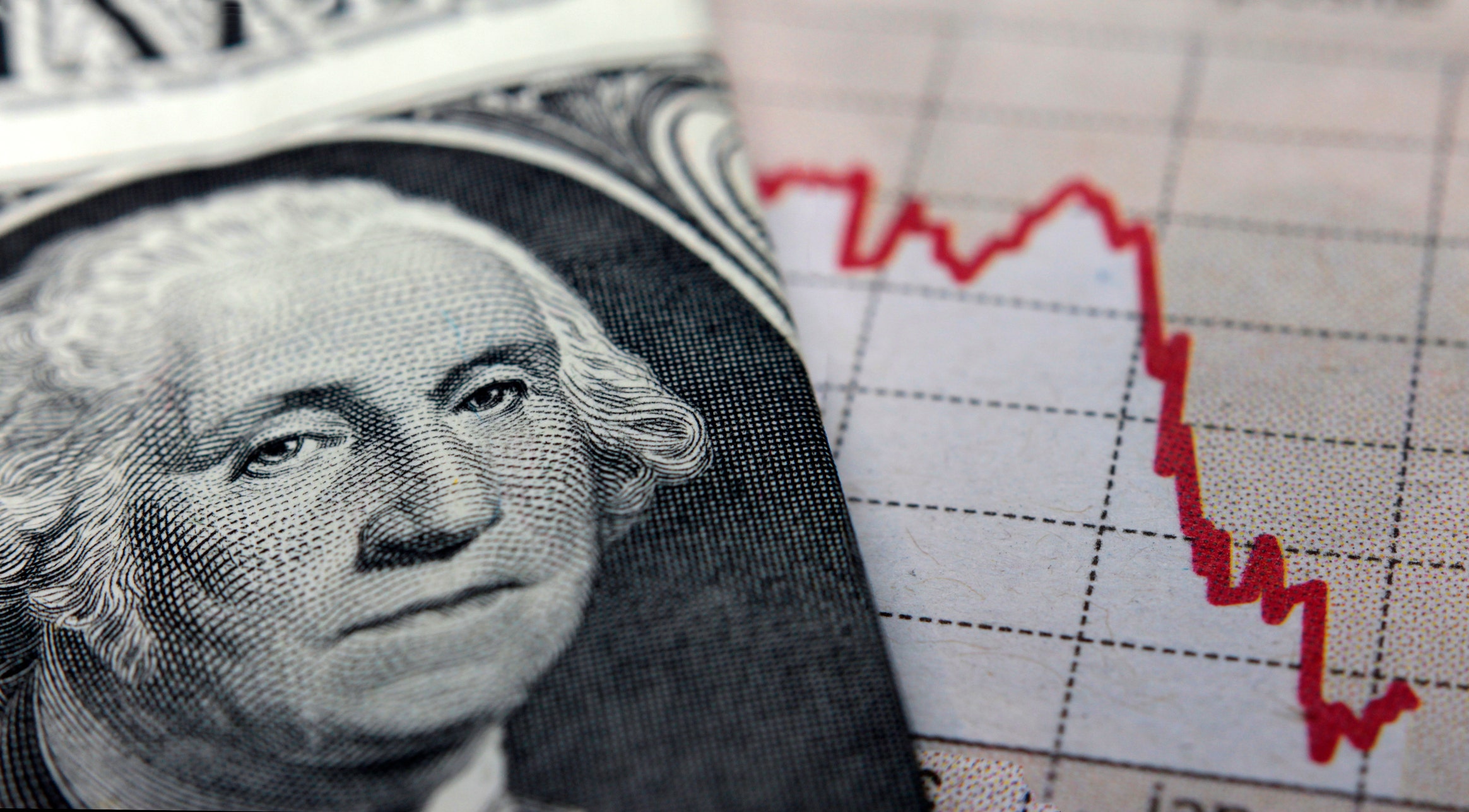In most situations I like to say probability rather than odds. Supposedly it's the same thing but I think of probability as having information to support it and not just luck, which is how I think of odds.
What are the odds you will win a wrestling match with a lion? 50-50. You either will or you won't.
What is the probability? Low.
It's possible you will win the fight, but not probable.
You're the statistics guy, so I bow to your superior education and experience. This is just my personal criteria and I have nothing better to think about at 9am (8am my time).
Probability is actually only a small part of statistics, but it might be the most essential part.
"Odds" and "probability" are synonyms. Especially the way gamblers use the term.
But the idea of confusing number of outcomes with probability is not as uncommon as you think.
There are a lot of people who think they're the same; what is the probability (odds) that Warren will win the nomination?
Sanders? Biden? Gabbard? They cannot all be "50-50" because there are too many possible outcomes, but the way the problem is worded,
you'd think not only do they ALL have a 50% chance (mathematically impossible) but the weights are all the same. As it happens, people
try to use opinion polls so they can weight the answers. (I don't have a lot of faith in opinion polls - too many ways to get error, and if the models are bad, the numbers are meaningless).
I was reading on a site where the writer simplified it as such - you ask a friend (on the phone) to do something to randomly pick "2" (you assume he is flipping a coin). After he very patiently answers you a thousand times, you notice it is "not 2" about 5/6 of the time. It's reasonable to then assume he is rolling a die, although he didn't tell you. Your question has exactly two outcomes, but the result is not 50-50, because the outcomes on HIS end is not only not two, but on a normal die they are equally weighted.

 www.foxbusiness.com
www.foxbusiness.com



